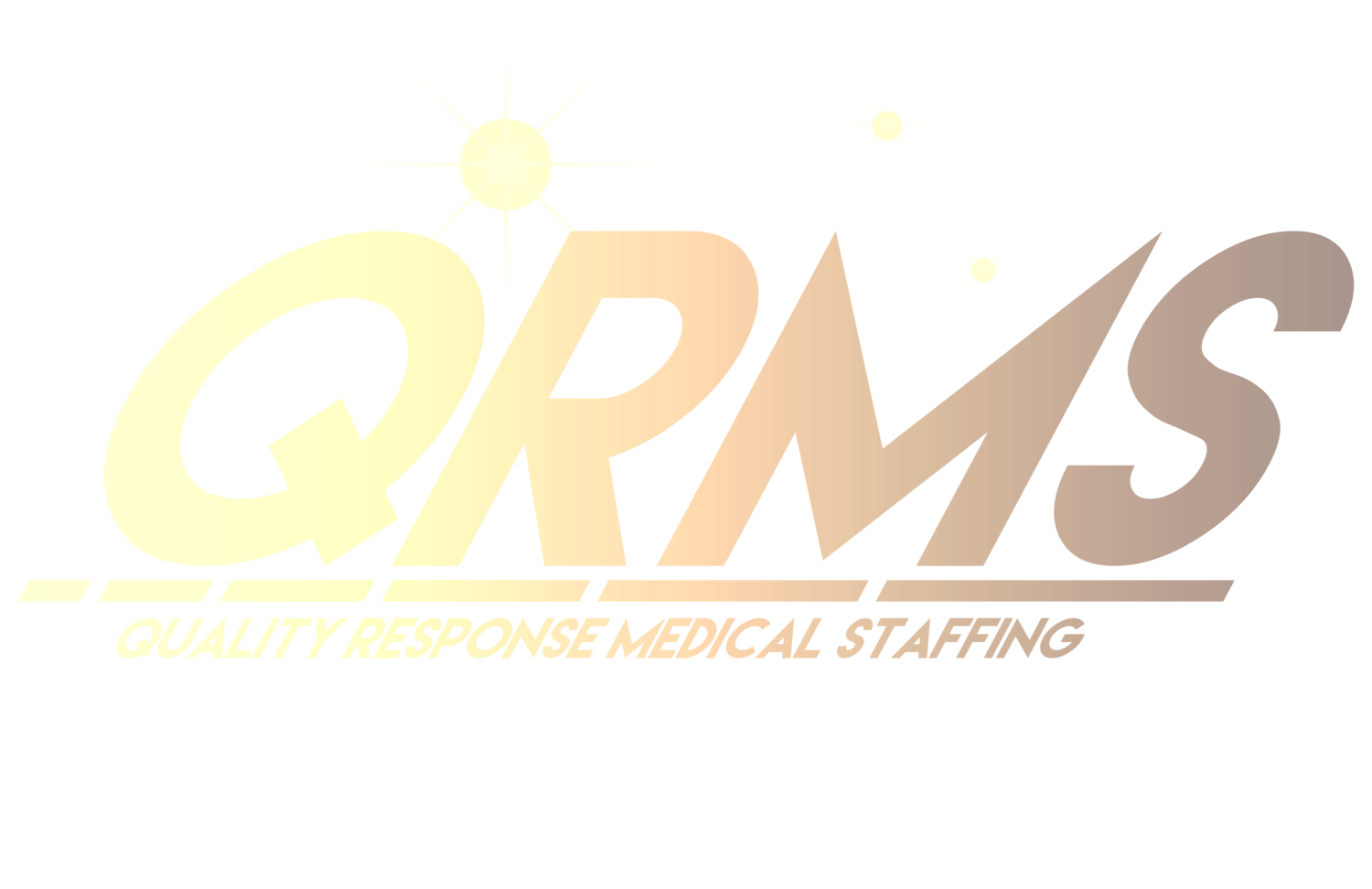Signs of Vitamin B12 Deficiency
Vitamin B12, also known as cobalamin, is an essential nutrient that plays a crucial role in many of the body’s processes, from red blood cell formation to neurological function. A deficiency in B12 can lead to serious health issues if left untreated. While it’s more common in older adults, people with certain dietary preferences (such as vegans or vegetarians), and those with specific medical conditions, anyone can experience B12 deficiency. Here are the key signs to look out for.
1. Fatigue and Weakness
One of the earliest and most common symptoms of B12 deficiency is a persistent feeling of tiredness or weakness. This occurs because B12 is vital for producing healthy red blood cells, which carry oxygen throughout the body. When the body is short on oxygen, it can result in feelings of fatigue, even after plenty of rest.
2. Pale or Jaundiced Skin
Vitamin B12 deficiency can cause the skin to appear pale or even develop a slight yellow tint (jaundice). This happens because a lack of B12 affects red blood cell production, leading to a type of anemia. The fragile red blood cells that are produced can break down more easily, releasing bilirubin, a substance that gives skin its yellow hue.
3. Numbness or Tingling in Hands and Feet
B12 is essential for maintaining healthy nerve cells. Over time, a deficiency can cause damage to the nervous system, leading to sensations of numbness or tingling in the hands, feet, or legs. This symptom, known as "paresthesia," is one of the more alarming signs and could indicate that the deficiency has progressed.
4. Difficulty Walking or Balance Problems
As the nervous system becomes more affected, B12 deficiency can also impact movement. Individuals may experience clumsiness, difficulty walking, or a sense of instability. These symptoms are more likely to occur in severe or prolonged deficiencies.
5. Memory Loss and Cognitive Impairment
Vitamin B12 is critical for brain health. Without adequate levels, individuals may experience memory problems, confusion, or difficulty concentrating. Some even develop more serious cognitive issues that mimic dementia, which can sometimes be reversed once the deficiency is treated.
6. Mood Changes
B12 deficiency has been linked to various mood disturbances, including depression, irritability, and anxiety. Since B12 is involved in the production of neurotransmitters, which regulate mood, a lack of it can negatively impact mental well-being.
7. Glossitis and Mouth Ulcers
Another early sign of B12 deficiency is glossitis, which refers to an inflamed, red, and swollen tongue. This condition can be painful and make eating or speaking uncomfortable. Some people also develop mouth ulcers, which add to the discomfort.
8. Breathlessness and Dizziness
Shortness of breath and dizziness, especially with exertion, can be symptoms of a B12 deficiency-related anemia. This occurs because the body struggles to transport enough oxygen to its cells.
9. Vision Disturbances
In rare cases, B12 deficiency can damage the optic nerve, leading to visual disturbances such as blurred or double vision, sensitivity to light, or even vision loss. Early intervention is key to preventing permanent damage.
10. Heart Palpitations
Irregular heartbeats or palpitations may occur as the heart works harder to pump oxygenated blood around the body. This is a result of the anemia caused by B12 deficiency and can be a sign of more severe issues.
Who Is at Risk for B12 Deficiency?
Certain groups of people are more prone to B12 deficiency, including:
Vegans and vegetarians: Since B12 is primarily found in animal products, those who follow a plant-based diet may not get enough from food sources.
Older adults: As we age, the ability to absorb B12 from food decreases.
People with gastrointestinal issues: Conditions such as celiac disease, Crohn’s disease, or surgeries that affect the stomach (like weight loss surgery) can interfere with B12 absorption.
People on certain medications: Some drugs, especially proton pump inhibitors or metformin, can reduce B12 absorption over time.
Conclusion
Vitamin B12 deficiency is a serious condition, but it is treatable with dietary changes, oral supplements, or B12 injections, depending on the cause. If you notice any of the above symptoms, it’s important to consult a healthcare provider for a diagnosis and appropriate treatment. Left untreated, the effects of a B12 deficiency can be long-lasting, particularly when it comes to neurological and cognitive health.

